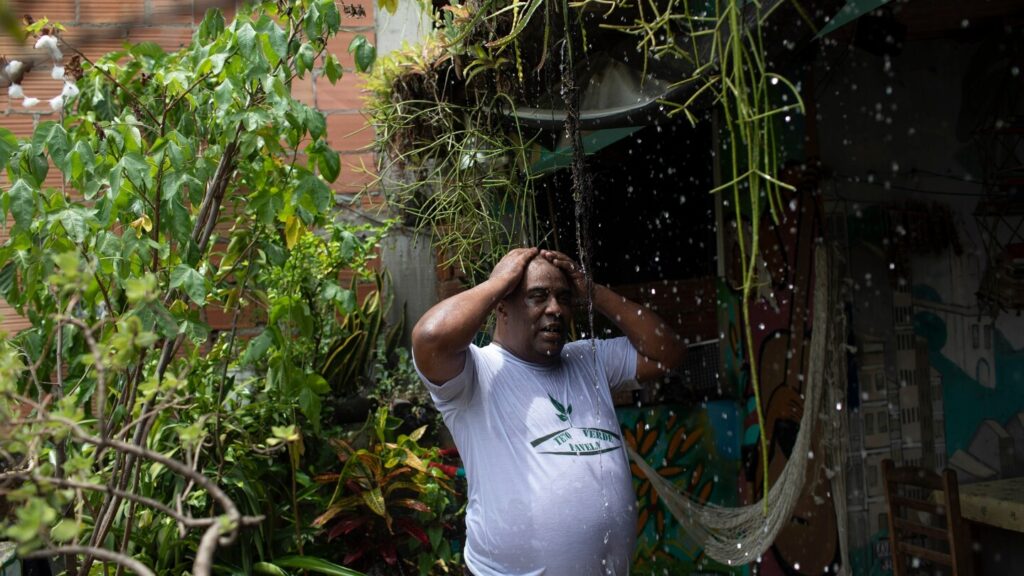In Rio de Janeiro’s Arara district, resident Luis Cassiano expresses concern over increasingly intense heat waves, which are exacerbated by the area’s lack of green spaces. To cope, Cassiano installed a green roof that helps cool his home, but unbearable conditions still prevail. Poor communities like Arara, often overlooked by environmental initiatives, are particularly vulnerable to climate change impacts like extreme heat and severe weather.
As global leaders meet in Brazil to discuss climate change, the challenges faced by impoverished populations are emphasized. The United Nations highlights that 1.1 billion people living in deep poverty are especially at risk from climate hazards, with those in wealthier regions also facing increased exposure to climate-related challenges. Issues such as dwindling agricultural yields hit poorer nations hardest, complicating the adaptation process due to limited resources.
Despite advancements in technology to bolster resilience in agriculture, low-income farmers may still struggle with affordability, limiting their ability to adapt. Some experts argue that while COP discussions are urgent, they may not translate into immediate, actionable solutions. Bill Gates suggests a shift in focus from emissions reduction to alleviating human suffering, underscoring the intertwined nature of poverty and climate change. Overall, the situation points to a need for urgent, cohesive action that addresses both climate change and poverty simultaneously.
Source link


